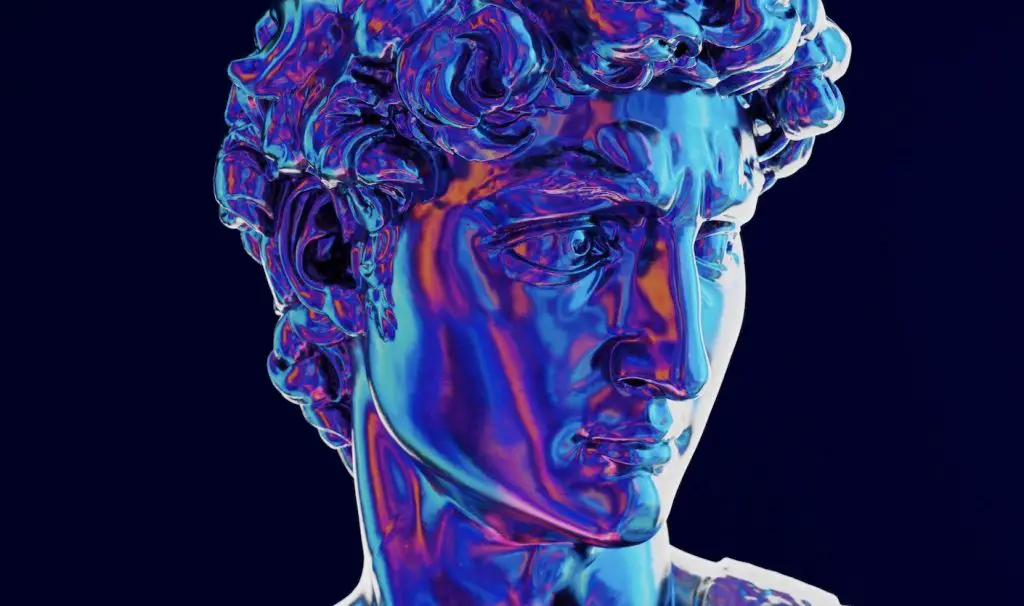Non-fungible tokens (NFTs) and intellectual property (IP) are two concepts that are closely related in the world of digital assets. NFTs are unique, digital assets that are stored on a blockchain, while IP refers to the legal rights and protections that are granted to creators and owners of original works, such as music, art, literature, and software.
The correlation between NFTs and IP is that NFTs can be used to protect and monetize IP in the digital world. By creating NFTs, creators and owners of digital assets can establish proof of ownership and authenticity for their works, and they can use NFTs to control and manage the distribution and use of their IP.
For example, artists, musicians, and other creators of digital content can use NFTs to sell and license their works, and they can use NFTs to control how their works are used and distributed. NFTs can also be used to track and manage royalties for digital content, and they can be used to enforce IP rights and prevent unauthorized use and distribution of digital works.
In addition to being used to protect and monetize IP, NFTs can also be used to create new forms of IP, such as virtual real estate, collectibles, and other digital assets. By creating NFTs, artists, gamers, and other creators can create unique and valuable digital assets that can be bought, sold, and traded in the digital world.
One of the key benefits of using NFTs to protect and monetize IP is that NFTs provide a secure and decentralized way to manage and track ownership and rights for digital assets. Because NFTs are stored on a blockchain, they are tamper-proof and cannot be altered or deleted, and they provide a permanent and unalterable record of ownership and rights for digital assets.
Another benefit of using NFTs to protect and monetize IP is that NFTs can help to eliminate the need for intermediaries, such as publishers, distributors, and licensing agents, in the digital asset market. By using NFTs, creators and owners of digital assets can directly sell and license their works to buyers, and they can directly manage and control the use and distribution of their IP.
However, there are also some challenges and limitations associated with using NFTs to protect and monetize IP. For example, the legal and regulatory framework for NFTs and IP is still evolving, and it is not yet clear how NFTs and IP will be treated under existing laws and regulations. Additionally, the security and reliability of NFTs is still a concern, and there is a risk of fraud and hacking in the NFT market.
In conclusion, NFTs and IP are closely related in the world of digital assets, and NFTs can be used to protect and monetize IP in the digital world. By using NFTs, creators and owners of digital assets can establish proof of ownership and authenticity, control and manage the distribution and use of their IP, and create new forms of IP. However, there are also challenges and limitations associated with using NFTs to protect and monetize IP, and it is important for creators and owners of digital assets to carefully consider these factors when using NFTs to protect and monetize their IP.







